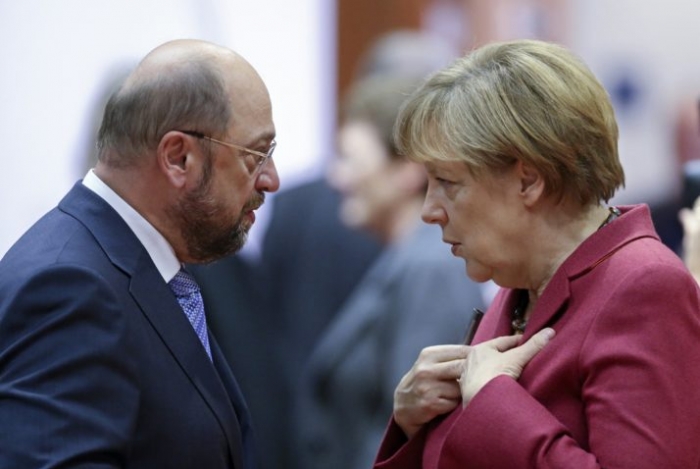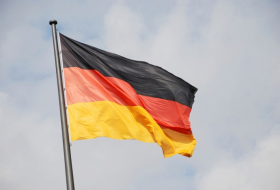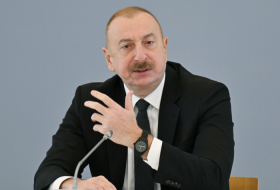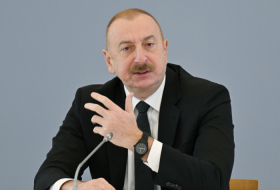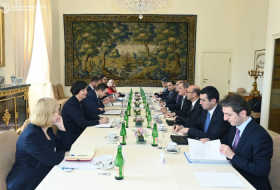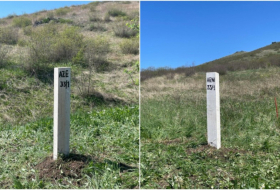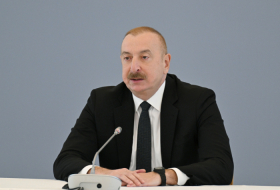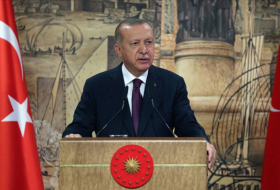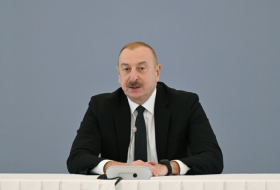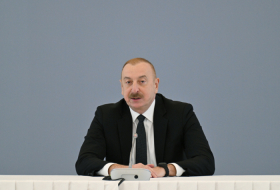This is common in Germany, and so the resulting parliament is in part determined by how the smaller parties perform, and which coalition possibilities will be born.
How does the German voting system work?
Each person casts two votes in the Bundestag election, to allocate a total of 598 seats. Half of these are to elect a local MP by constituency, in a first-past-the-post fashion.
The remaining 299 votes are elected via party lists, allocated near-proportionately to the party vote share in each of Germany’s 16 federal states.
To be included in this seat allocation process, a party must achieve five per cent of the national vote.
This second round of seat allocation also means that the total number of MPs can be higher, with politicians elected in "overhang seats" in order to balance the state- and constituency-level votes. The most recent parliament had 32 overhang seats, taking the total up to 631 MPs.
This allows voters to represent their interests locally through their chosen representative, as well as nationally in the party they feel will be strongest in the Bundestag.
In the end, the seat share for each party ends up very similar to their vote share - unlike the system used in the UK's parliamentary elections.
So who will win the German election and when will we know the results?
Merkel's CDU is looking most likely to win the most seats in the Bundestag - for the fourth election in a row.
The SPD, led by former President of the European Parliament Martin Schulz, is in second place in the polls - securing around a quarter of the vote.
The AfD - the far-right Alternative for Germany party - had enjoyed a slight rise in the polls in 2016 but have since collapsed into in-fighting and unpopularity.
In reality, the CDU will have to seek a coalition agreement with the SPD or one of the other minor parties to form a government.
We should know who has won the election by 6pm BST this Sunday, when voting ends and the exit poll is released, although it won't be several more weeks until a coalition government is officially agreed.
The return of the far-right
A late surge in support has propelled the far-right Alternative for Germany (AfD) party into third place in the opinion polls with just days to go before the ballot.
Last time around the party, fighting in it's first federal election, failed to win a constituency outright and fell just short of the five per cent required in order to secure MPs via the secondary proportional representation stage of the election.
This time however they seem guaranteed to win representation in the Bundestag with the latest polling average putting them at slightly over 10 per cent. YouGov's Multilevel Regression with Poststratification model puts them on 12 per cent.
Were the AfD to secure a third place finish they could find themselves becoming the main opposition party in Germany if Merkel's CDU/CSU party decide to extend their Grand Coalition with the SPD.
Potential coalitions
The centre-left Social Democratic Party (SPD) has been in coalition with centre-right CDU in this current government, as well as in Merkel's first term. These two parties are Germany’s biggest, leading to a union dubbed the "Grand Coalition".
The polls are currently suggesting that Germans are content with their current government, which means a Grand Coalition could happen for a third time in just four elections.
Another option is a Black-Yellow coalition, consisting of Merkel's CDU party propped up by the smaller Free Democratic Party (FDP). This would take Merkel over the target needed for a majority, and was the option the party opted for in 2009-2013.
The only situation that poses a risk to Merkel’s leadership is a left-wing "Red-Red-Green" coalition, led by the SPD's Martin Schulz. For this, he would have to gather enough seats together alongside the Linke (Left) and Grüne (Greens) parties.
More about: #GermanyElection2017








